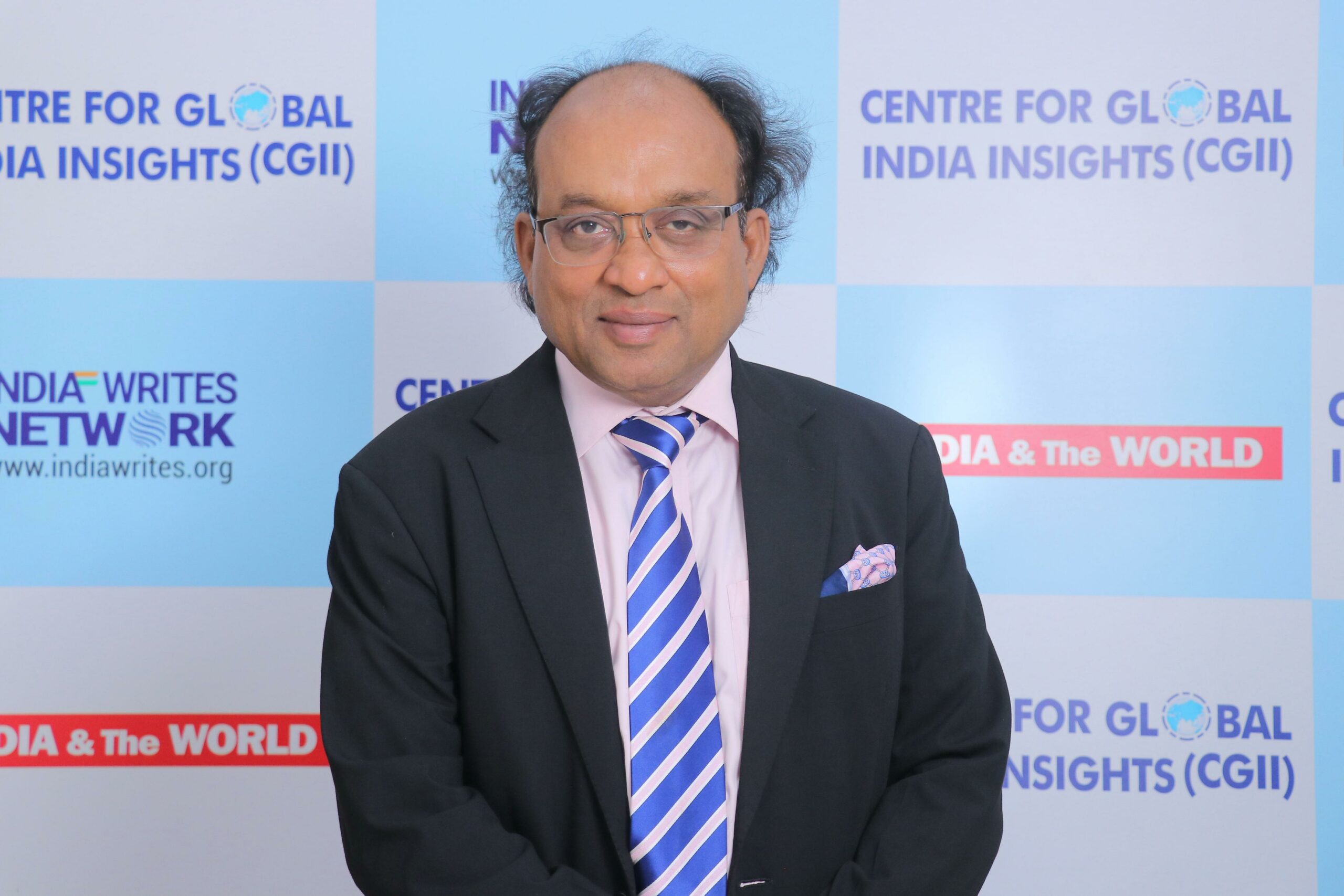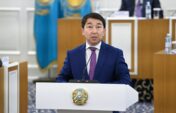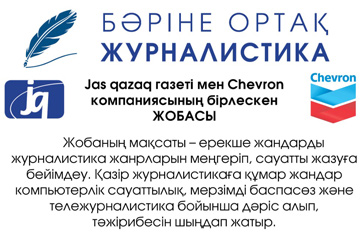Manish Chand: Kazakhstan’s foreign policy aims to build balanced relations and strengthen partnerships with nations large and small

The Global South, including India, highly values Kazakhstan’s commitment to establishing equal and just relations within the international community. In an interview with jasqazaq.kz, Manish Chand, Director General of the Centre for Global India Insights and a well-known expert in foreign affairs, highlighted that the two nations share common views on a number of major global issues. He also noted the steady growth of trade, economic, and cultural cooperation between Kazakhstan and India.
JQ: Kazakhstan places special importance on developing relations with the countries of the Global South, including India, in its foreign policy. In this context, what is your view on the prospects for Kazakhstan-India cooperation across various sectors?
MC: When we talk about Kazakhstan’s focus on building stronger relations with the Global South, it perfectly aligns with India’s own vision of promoting the interests of the Global South on the international stage. Kazakhstan’s multi-vector foreign policy, which seeks to balance relations with major powers while emphasizing ties with developing nations, is highly compatible with India’s approach. India, for its part, has positioned itself as a key voice and leader of the Global South, having hosted three editions of the «Voice of the Global South Summit» since 2023, shortly after the G20 Summit in New Delhi. This is one of the major areas of common ground between India and Kazakhstan. India views Kazakhstan as the central pillar of its «Connect Central Asia» policy – a gateway to the resource-rich region and an essential partner for regional connectivity and cooperation. There are vast opportunities for collaboration across multiple sectors. For instance, bilateral trade between the two countries currently stands at around US$1 billion, with both sides confident of scaling it up to US$3 billion in the next few years – and even US$5 billion over the longer term. Kazakhstan’s abundant natural resources and strategic geographic position complement India’s technological expertise and manufacturing capacity, making this partnership a truly «win–win» combination. Kazakhstan possesses vast reserves of uranium, oil, and critical minerals – all of which are crucial for a rapidly growing economy like India’s. Beyond energy, renewable energy is another promising area where the two countries can work closely together. Renewable energy is not only vital for bilateral cooperation but also for the broader Global South, as nations strive toward sustainable development. In addition, there is great potential in information technology, where India is already a global leader, as well as in education and skills development. Another key area is connectivity – Kazakhstan’s central role in realizing the International North—South Transport Corridor (INSTC) makes it a vital partner in advancing regional and transcontinental trade routes. Kazakhstan’s strategic location, combined with its status as the largest economy in Central Asia, provides India with significant opportunities to build a long-term, mutually beneficial partnership.
JQ: At the recent session of the United Nations General Assembly, President Kassym-Jomart Tokayev of Kazakhstan proposed reforming the UN Security Council. As an international expert, how do you assess this initiative?
MC: On this issue as well, Kazakhstan and India share highly compatible positions. India has long been a strong advocate for UN Security Council reform and is itself a leading contender for a permanent seat on the Council. President Tokayev’s proposal, which calls for greater representation of major and middle powers from Asia, Africa, and Latin America, aligns closely with India’s long-standing demand for a more inclusive and representative international order. There is significant commonality in the views of our two countries. Kazakhstan and India can work together to accelerate the reform process, especially since many established powers have vested interests in delaying or blocking meaningful change. Emerging and middle powers such as Kazakhstan and India share a common interest in pushing for genuine reform. President Tokayev’s emphasis on addressing the crisis of trust in multilateral institutions is timely and important. Multilateralism is indeed under serious strain today. The United Nations cannot remain effective if its structure continues to reflect outdated realities, where European powers enjoy overrepresentation while vast regions such as Asia, Africa, and Latin America remain underrepresented.
JQ: In light of the global risks revealed by the pandemic, Kazakhstan has proposed the establishment of an international agency to ensure biological security. What is the significance of such an initiative for humanity in preventing future threats and disasters?
MC: President Tokayev’s proposal, first made in September 2020 during the height of the COVID-19 pandemic, is an excellent and forward-looking initiative. The creation of an International Agency for Biological Safety (IABS) is an idea whose time has truly come. During COVID-19, we saw how the pandemic devastated lives and economies across the world. No single country can manage such crises alone – pandemics demand transnational cooperation. India played a proactive role during the pandemic, producing and supplying vaccines to many countries of the Global South. Likewise, Kazakhstan’s proposal to establish an international biological safety agency and a Regional Center for Disease Control and Biosafety reflects its strong commitment to global health security. This initiative deserves broad international support. Strengthening enforcement mechanisms, promoting standards, and fostering scientific collaboration are essential to creating a world that is better prepared and more resilient against future biological threats. Just as we have the International Atomic Energy Agency (IAEA) for nuclear safety, we now need a dedicated institution like the IABS – International Agency for Biological Safety. India, Kazakhstan, and the wider Global South must work together to make this vision a reality and to ensure that the world is never again caught unprepared by a pandemic. In summary, Kazakhstan and India share a broad convergence of views on key global issues – from promoting the interests of the Global South and strengthening multilateralism to advancing energy cooperation, technology, education, and health security. The foundations for a strategic, future-oriented partnership are already in place, and the potential ahead is vast.
Interviewed by Abdimanap Kenges,
International Journalist










 WhatsApp: +7 705 717 9113
WhatsApp: +7 705 717 9113






